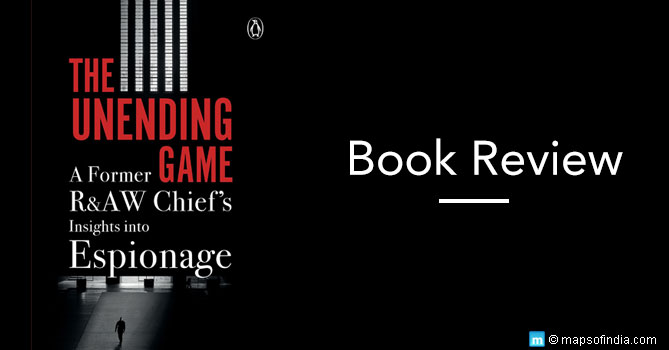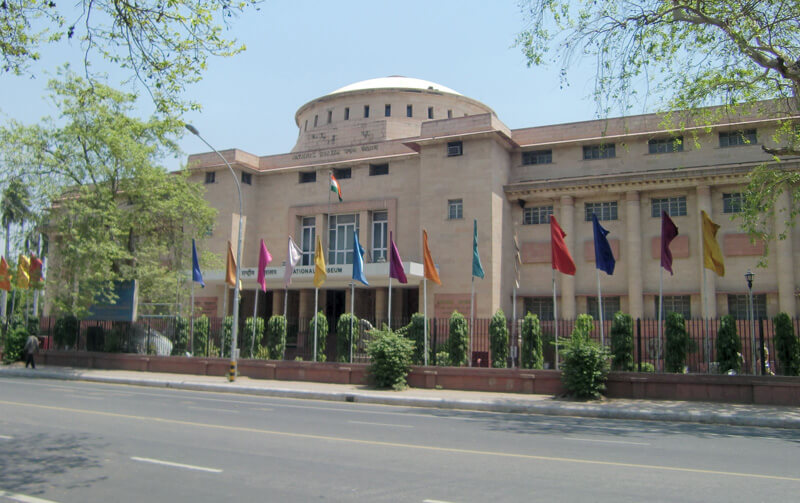
The Unending Game, authored by former R&AW Chief Vikram Sood, is an informative account of the history of espionage along with perspective on gathering and securing intelligence. Examples and anecdotes are provided from across the world with a special focus on India. Complexities of espionage and how espionage and surveillance have grown humongous with the growth in telecommunications and social media have been explored. However, despite the development of these other sources of intelligence, classic ‘HUMINT’ or human intelligence retains its primacy.
Intelligence agencies are known by their failures and not their successes. The fashionable and suave ‘James Bond’ type spy is nothing more than fiction as a perfect spy doesn’t draw any attention to himself and merges with the crowd. As the author pointed out,” The Aston Martin looked good in the movies; they never would have worked.” Espionage tales of lore, most visibly and famously the ‘Cambridge Five’ are not very well known and therefore interesting. But as the author insists, we know these tales because these are the failures and the perfect spy instead retired and died unsung and uncelebrated.
Further, with the rise of fierce non-state actors such as the Al-Qaeda and the Islamic State, growing nexus between organized crime and terrorist groups, the old-world challenges facing intelligence agencies have morphed into something quite different and difficult. Also since 9/11 the military-industrial complex has developed quite scarily into the military-intelligence-private security-industrial complex where there are increasing tensions between questions of privacy and state surveillance primarily in democracies such as India and the U.S.
There is no doubt that the author with his background as a career intelligence officer has an impeccable understanding of the world of espionage and intelligence. However, he felt like a teacher who has excellent command over his subject or area of expertise but lacks the skill of instruction. A plethora of important terms, incidents and phenomena are not clarified. He supplies the reader with a variety of facts, but the level of analyses and critical thinking is not proportionately matched. There are a number of parts which are relevant, yet they remain glibly superficial and devoid of analytical depth and after a point of time, it becomes rather tedious. It felt that the book was written in a hurry and more geared towards making an impact than enlightening the reader.
The book finally culminates with a set of suggestions to improve our intelligence apparatus through better training and capacity building, improved and flexible recruitment process, relaxed remuneration rules and most importantly providing security and stability to professionals shunning any sort of bias. We must learn from our better experienced counterparts but not follow them mindlessly, thus learning and adapting to the ever-changing global realities.




